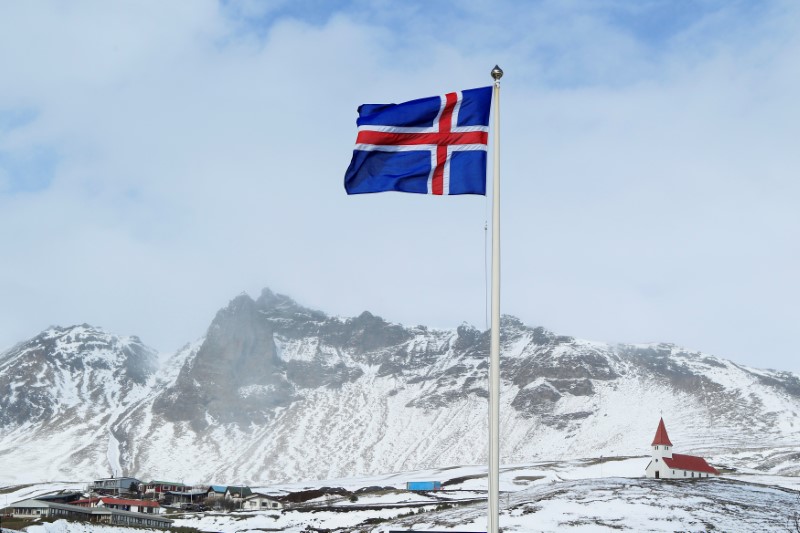(Bloomberg) -- Asgeir Jonsson, an economist who did his PhD at Indiana University and is now the dean of the University of Iceland’s economics faculty, will become the island’s new central bank governor as 65-year-old Mar Gudmundsson steps down.
The 49-year-old takes over as Iceland grapples with the prospect of a recession driven by a sudden loss of tourism revenue. That’s already forced the central bank to start cutting interest rates in an effort to shield Icelanders from an economic shock. Meanwhile, central bank policy will also need to ensure a stable exchange rate as Iceland re-acquaints itself with markets after almost a decade of capital controls brought on by its 2008 economic collapse.
Jonsson, who is due to start his five-year term on Aug. 20, says economic decline is natural given Iceland’s rebound after its 2008 crisis.
“It is clear that we are seeing the economy slowing down but that is in itself nothing abnormal given the great expansion in tourism we have experienced,” he said. “It is not strange that after seven to eight years of growth, where the economy has grown 30%, that we experience some slowdown.”
Iceland’s main interest rate is 3.75% after Gudmundsson lowered it by a quarter of a percentage point in June. That followed a half-point cut in May. The new governor will also oversee the merger of the central bank with Iceland’s financial supervisory authority, which takes effect next year. The tie-up comes as the island’s finance industry again faces increasing risks, which prompted S&P Global Ratings in July to cut its outlook on four banks.
“As long as we have an independent currency we will need to have a strong inter-bank market which required having three parties on that market,” Jonsson said. “So that makes it difficult. But it is hard for me to start commenting on this now. A great streamlining has already taken place in the Icelandic financial system and we have seen the banks downsize a lot and that streamlining could continue.”
Jonsson, who obtained his doctorate at Indiana in 2001, wrote his thesis on the short-term control of economic cycles in a small open economy. From 2004 to 2011 he was the chief economist of Kaupthing Bank, which went bankrupt in 2008 and was later reborn as Arion Banki. He headed a task force in 2017 to reevaluate monetary policy, and came to the conclusion that Iceland should keep its inflation-target regime and maintain a free-floating krona.
